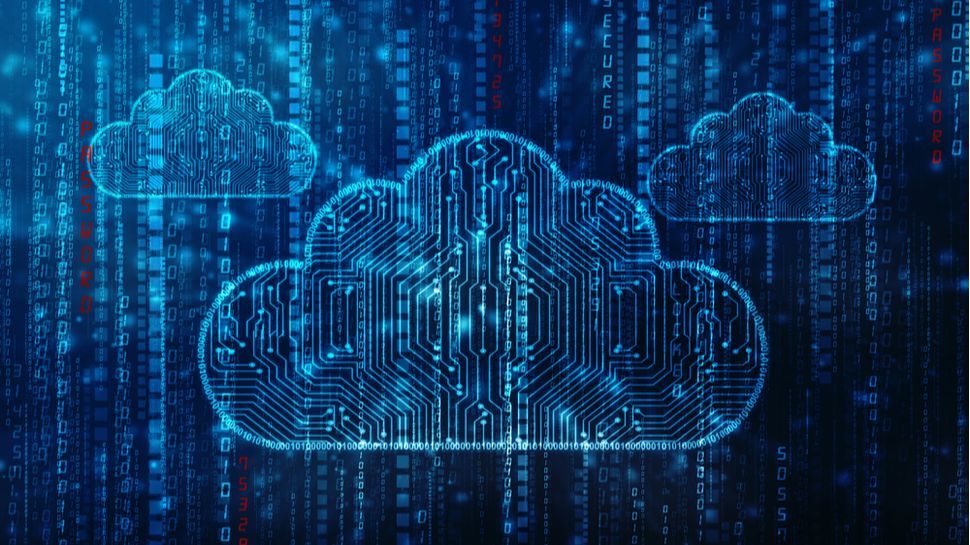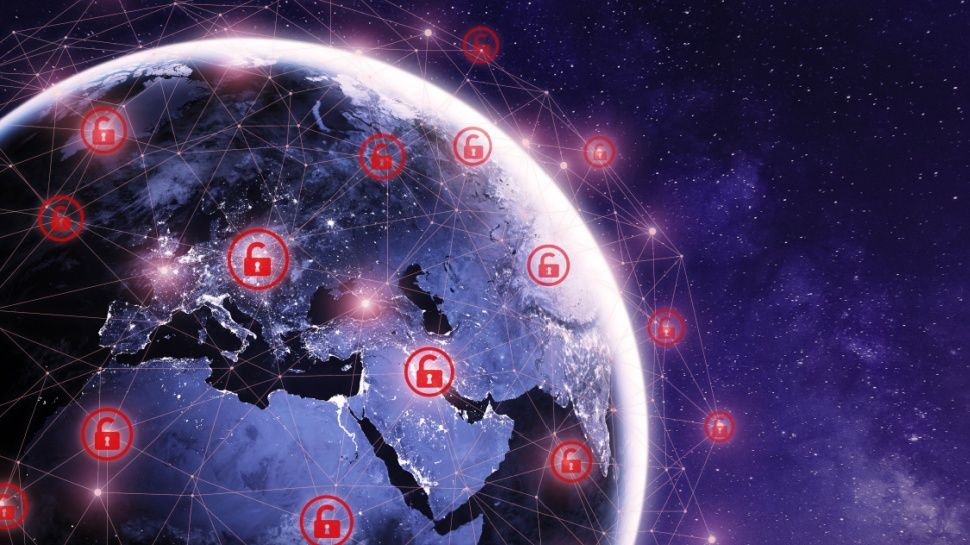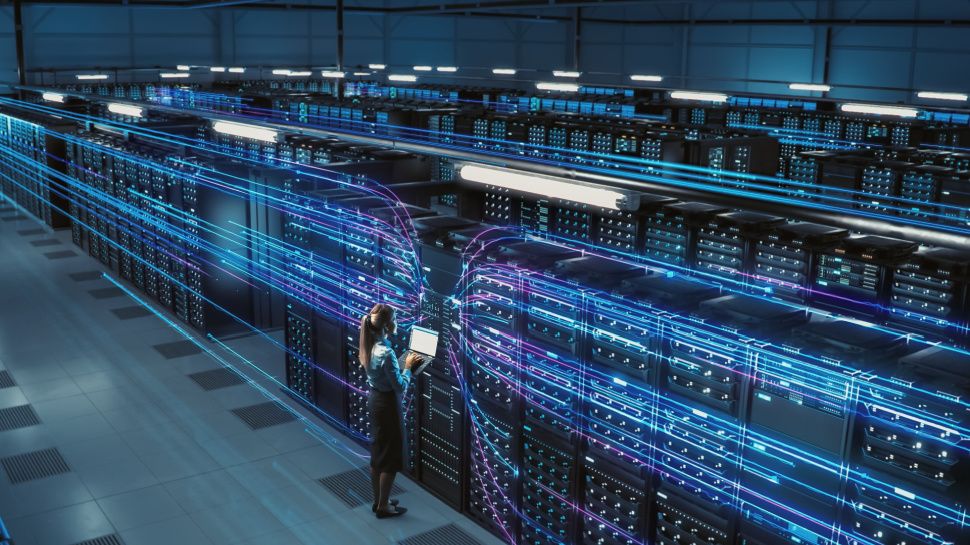Imagine a world where knowledge, data, ideas and advances are not hoarded but shared, with one purpose: to address the monumental challenges facing our communities, societies and the planet. This is not a utopian ideal, but a technical reality and, more importantly, a current moral imperative.
Debates that were once the domain of Ivory Tower academics are at the center of the boardrooms of organizations working in energy, defense, transportation and healthcare. Affected by years of instability, volatility, global crises, conflicts and tensions, businesses are desperate to increase resilience, efficiency and competitiveness. There is increasing evidence of individuals within companies eager to work cooperatively across ecosystems, seeing the immensity of the challenges facing their businesses and knowing that meeting those challenges can only be achieved in partnership with others.
But enthusiastic individuals have been fighting corporate and political inertia. Amid the pandemic, the World Economic Forum highlighted the lack of will at the highest levels to collaborate across geographies and borders. The adoption of initiatives to enable collaboration, the desire for consensus, and the expectation of standardization are slowed by self-interest and perceived business realities.
Founding Member and Chief Commitment Officer of IOTICS.
Growing understanding
Despite a growing understanding that information sharing leads to better outcomes for customers and businesses, and often benefits people's lives and the planet as a result, some industries are slower than others when it comes to to be open to sharing data in mixed trust or zero trust. atmosphere. Orthodoxy says the solution is to convince the majority of the correctness of a course of action, reach agreement on how to act, and then implement the change.
That's not how you change the world. The sad reality is that in a slow and steady global market you don't win a race, I would say you never have, but you certainly won't if the race track is crumbling around you. Look at the healthcare industry, for example. Organizations here are facing more problems in more complex and more costly ways than ever before. But these problems are addressed with budgets and ideas from the 20th century. As a result, many health systems are on the brink of collapse.
Greater demands
In all aspects of our lives we are seeing increasing demands on our resources, personal, social and governmental. One of the challenges facing the public services sector is accurately identifying and supporting customers living with vulnerabilities. Despite regulators' mandates on data sharing, progress has been slow and many vulnerable customers face potentially dangerous situations. Utilities maintain information about customers that, if securely available across an ecosystem, could allow emergency help to be directed to those who need it most in the event of a storm or flood. Sharing data could also help provide additional personalized support by being more flexible regarding payments.
On defence, despite the heightened geopolitical risk, encapsulated by the notion that we are now in a pre-war situation, the UK armed forces face a £17bn equipment funding shortfall over the next 10 years. Civil and military aerospace and industrial manufacturers are facing supply chain disruptions, spiraling prices, and skills shortages. We simply don't have the runway to do business as usual. Isolated efforts and, worse, repeated reinvention of the effort are wasting resources at all levels of the supply chain.
Technology-based cooperation can inspire and accelerate social change for a prosperous planet. Brilliant people and organizations are constantly developing new technologies, approaches and capabilities, but working together and leveraging expertise across sectors, geographies and organizations can provide sustainable solutions. The automotive industry is investing in data spaces to enable interoperable supply chains from rare earth materials to innovation on the road. Build resilience, increase adaptability and enhance the value of your individual knowledge and specialties.
Data has become our most valuable asset, but it is often siled within organizations due to technical, regulatory or business barriers. Concerns around intellectual property (IP), trade assets and secrets, and cybersecurity are considered the barrier to working and thriving in ecosystems. Technologies now exist that can mitigate these risks, enabling data sovereignty and secure cooperation without exposure to commercially sensitive or individually identifiable information.
Exploring different models
Despite these innovations, reluctance and unwillingness to explore different models and new approaches persist. I passionately believe that delaying further is immoral. Knowing that it is possible to address climate change, increase climate resilience, improve social inequality, protect the most vulnerable in our society and ensure that no one is left behind in our transition to new technologies, energies and models, and not acting is now an election. Hiding behind initiatives that are little more than talk, approaches to sustainability that don't address underlying waste, and roadmaps for change that won't see impact for decades, if ever, is a dereliction of leadership.
It's also a disservice to shareholders. I accept the business realities in which we all work. So let's take away the moral and talk about selfish altruism. A recent KPMG report stated: “Every day, organizations are faced with increasing amounts of data, coming from both inside and outside the organization. Due to centralized data ownership and access, transparency and timeliness have become obstacles in many organizations.” These bottlenecks cost money and represent an inability to bring capabilities to market, seize opportunities, and maximize profits. The inability to cooperate across ecosystems limits export markets, decreases resilience, and impedes the innovation and adaptation necessary to capitalize on new technologies.
An unwillingness to understand the imperative to rapidly explore, leverage, and exchange data, insights, and systems across ecosystems is hurting their businesses. It is limiting the advantages of their strategy and leaving them vulnerable to the symptoms and consequences of the generational challenges we face. There could be a moral imperative to share data. But there is also a commercial one.
We have listed the best cloud optimization service.
This article was produced as part of TechRadarPro's Expert Insights channel, where we feature the best and brightest minds in today's tech industry. The views expressed here are those of the author and are not necessarily those of TechRadarPro or Future plc. If you are interested in contributing, find out more here:









